Training the next generation of conservation leaders
The Center for Biodiversity Outcomes provides a platform of exemplary training and research experiences for students at all levels of learning. The Center for Biodiversity Outcomes draws on a critical mass of intellectual acumen and is a shining example of the kind of problem-solving that Arizona State University’s singular brand of interdisciplinary freedom can produce.
Center for Biodiversity Outcomes-affiliated scholars and practitioners share expertise from diverse fields — including conservation biology, sustainability, ecology, anthropology, geography, economics, political science, law, philosophy, education fine arts, the performing arts, design and engineering — in a collaborative effort to address the issues of sustaining global biodiversity.
Some of the opportunities available include:
- More than 125 faculty affiliates who engage from 33 different schools and units across ASU.
- More than 50 external research partnerships of cross-disciplinary faculty.
- Numerous graduate and postdoctoral fellowships through partner organizations.
- Graduate Certificate in Environmental Communication and Leadership.
- Opportunities to network and meet expert guest speakers.
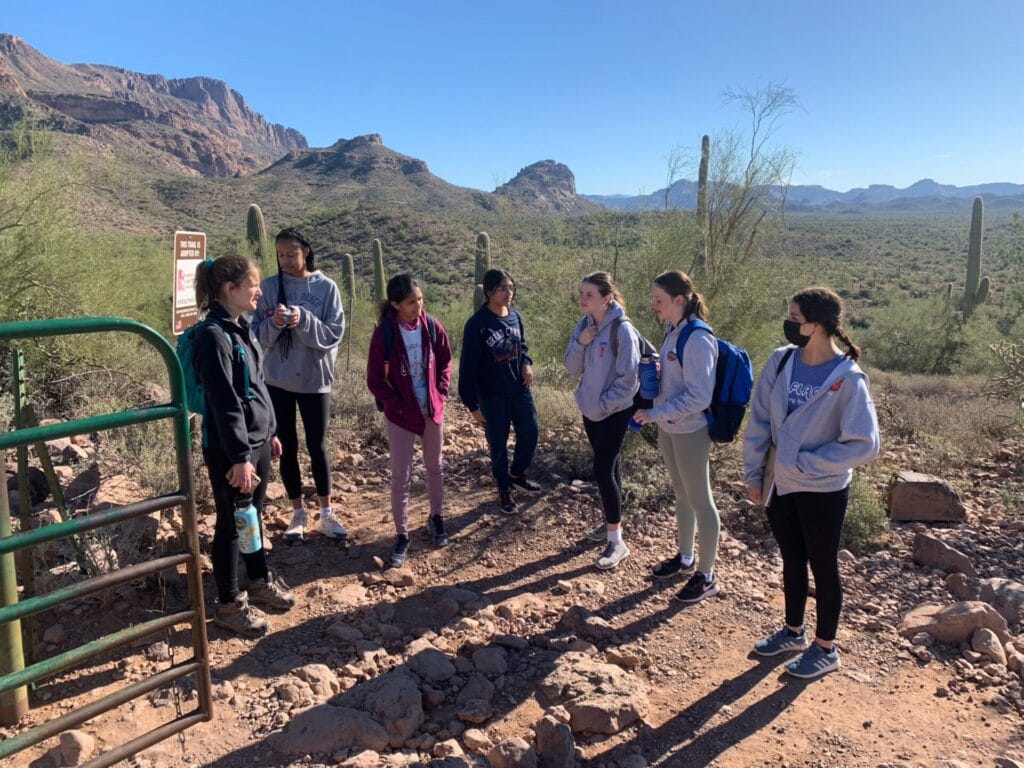
Education and research
Understanding the role nature plays in sustaining life is critical to the survival of the planet, but that information is less accessible to younger generations, especially underrepresented youth. The Center for Biodiversity Outcomes develops innovative education programs that provide environmental and ecological literacy to increase access and support for marginalized and minoritized youth to pursue university study and careers in STEM.
K-12 programs
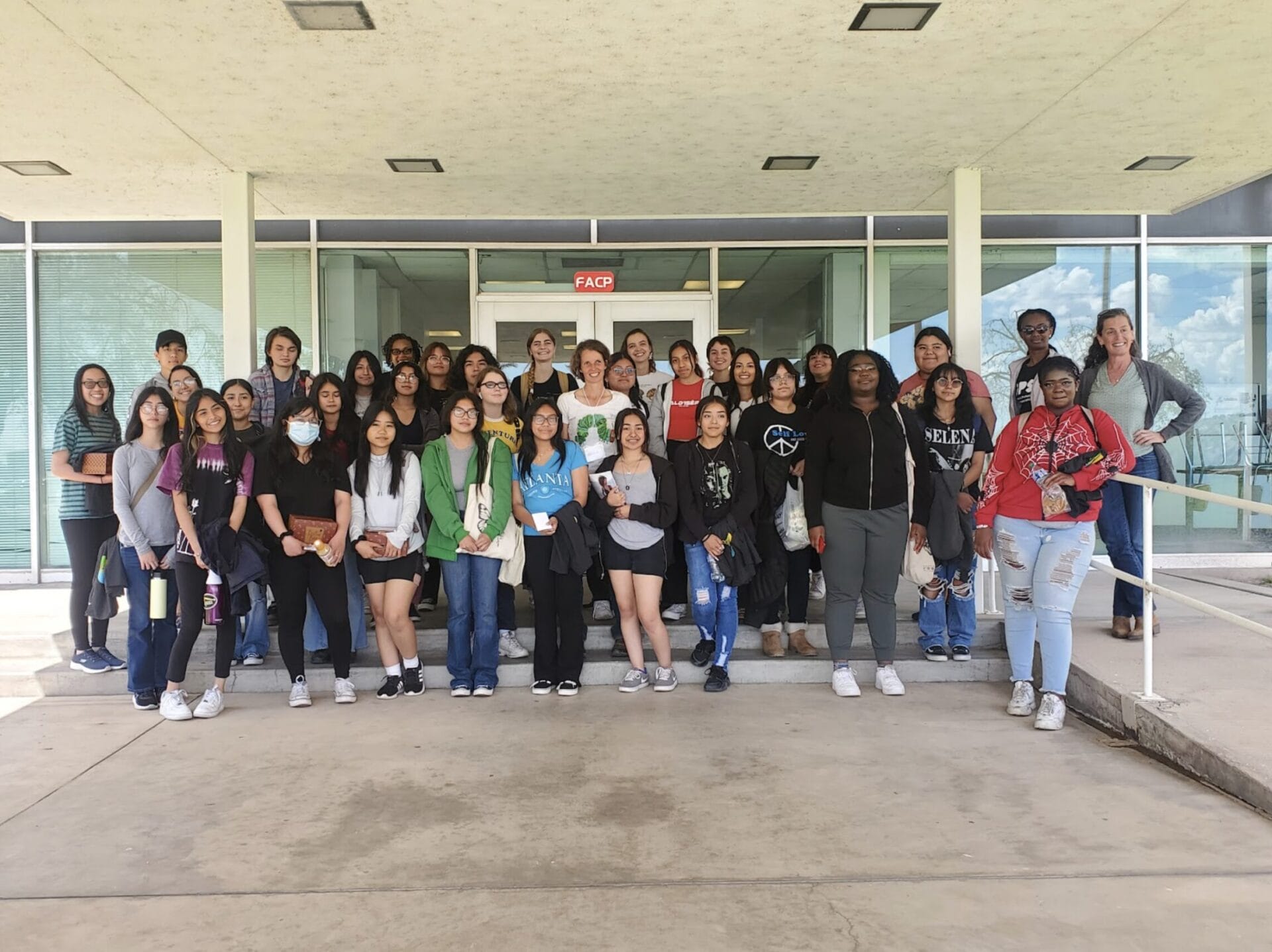
GirlsConserve: Environmental leadership program for 9th–12th graders
GirlsConserve is a culturally responsive educational program that offers a safe space for underrepresented students to learn and explore STEM while witnessing critical representations of fellow women in STEM through multi-generational mentoring (faculty, graduate, and undergraduate students). It aims to empower middle and high school girls of color to see their futures in STEM careers using a place-based and culturally relevant One Health approach.
Undergraduate programs

SURE and SOLUR programs
We work with undergraduate students through ASU’s Sustainability Undergraduate Research Experience program and the School of Life Sciences Undergraduate Research program. These programs provide students with research opportunities to help build skills and enhance competitiveness for jobs and graduate school. By working alongside faculty and graduate students on active research projects, undergraduate students gain practical knowledge and experience.
Graduate programs and classes
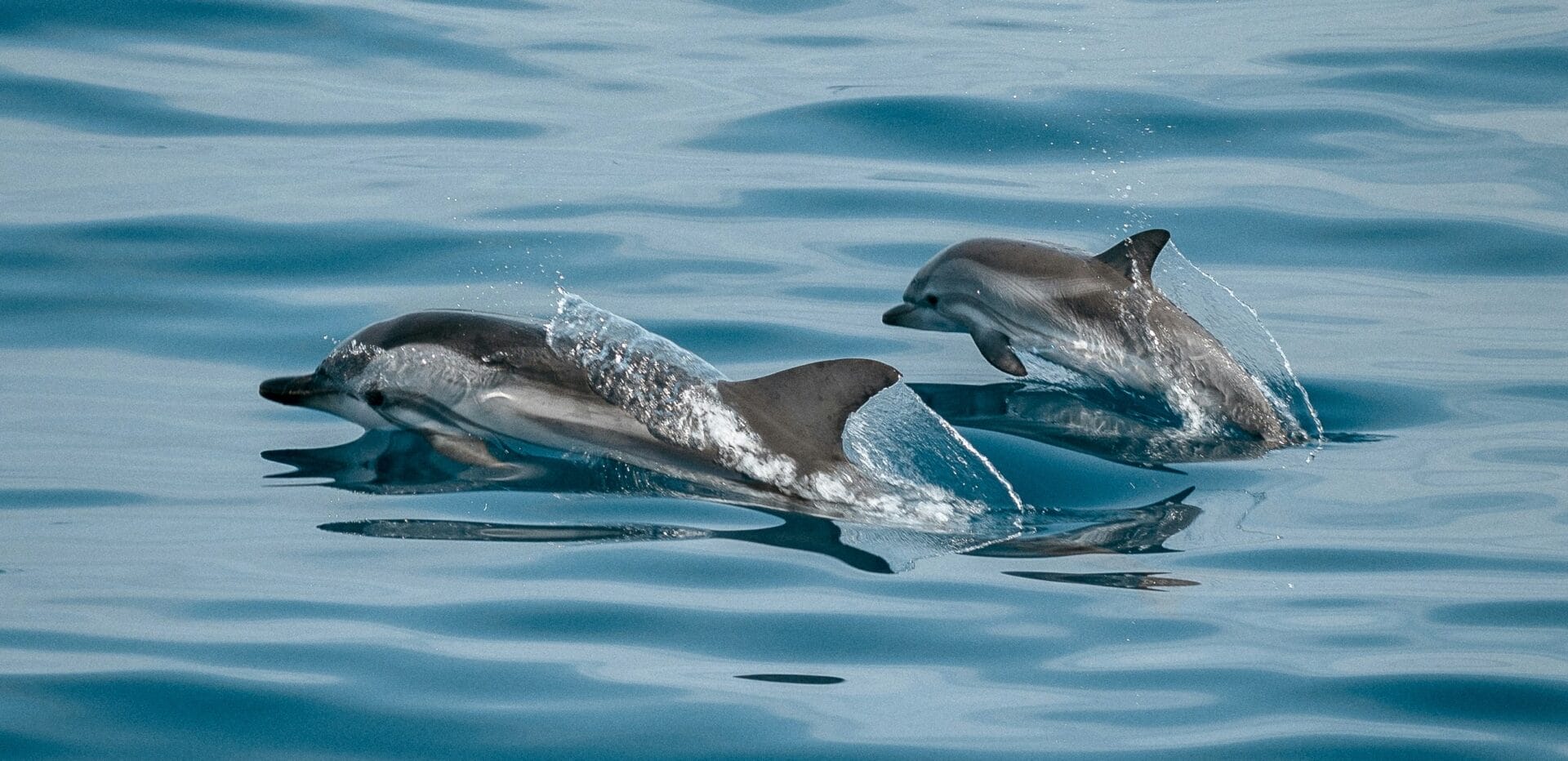
Conservation Innovation Lab
An interdisciplinary and collegial group of ecologists, mathematicians, economists, geographers, and conservation scientists led by Dr. Leah Gerber, working to apply their research to address real world challenges. Grounded in natural history, primary data collection, quantitative methods, spatial optimization, knowledge co-production, and an appreciation of human-environment interactions, this multidisciplinary approach to research leverages rigorous science and collaborative partnerships to inform effective conservation policies and practices to shape a more sustainable future for all life on Earth.
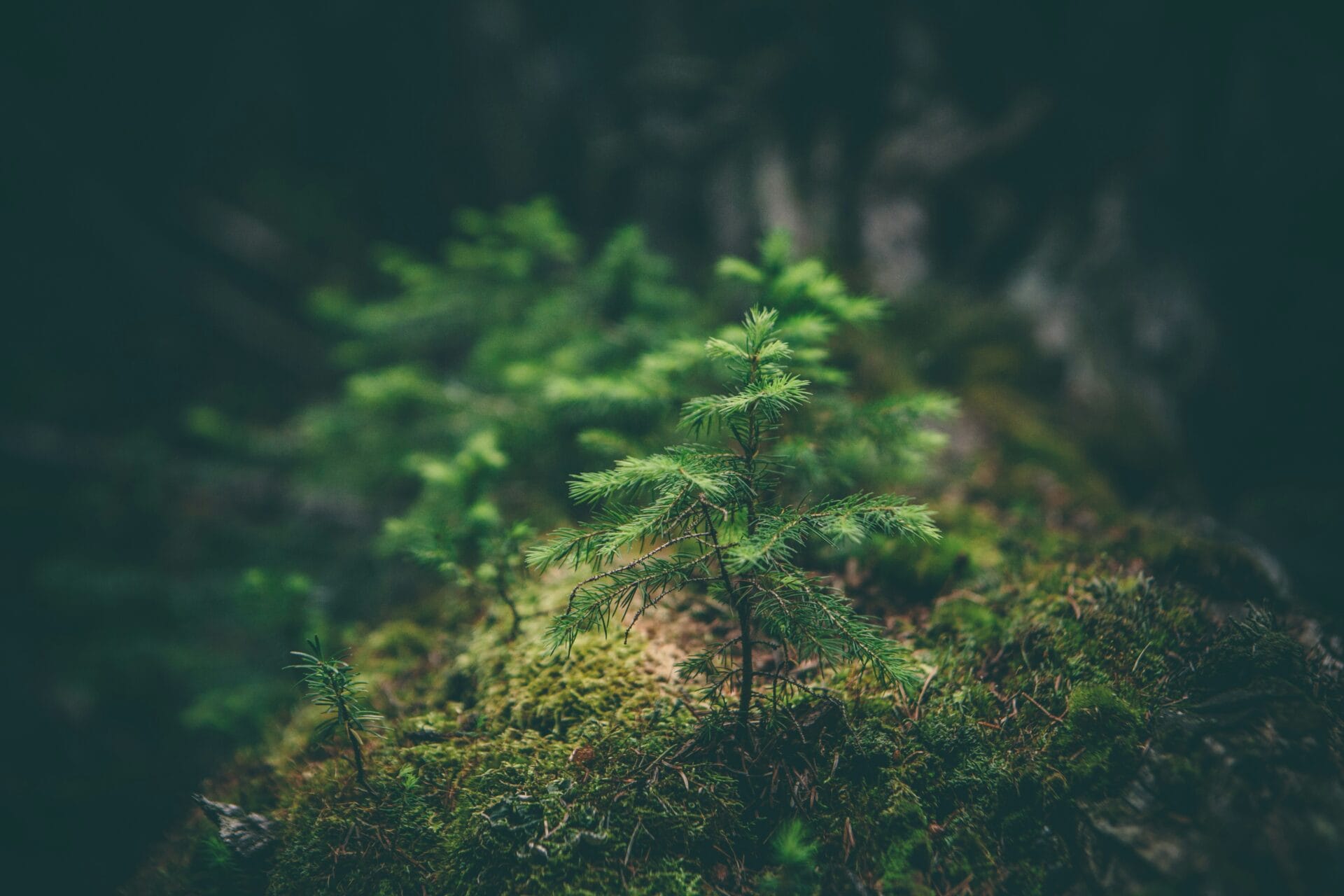
BIO 578: Environmental Communication and Leadership
BIO 578: Environmental Communication and Leadership is a core course for the Graduate Certificate in Environmental Communication and Leadership. It teaches leadership and communication to early career scientists who are motivated to become agents of change in academic institutions, government positions, and more. The class includes student-led discussions, guest speakers, and group work. It is open to all ASU graduate students.
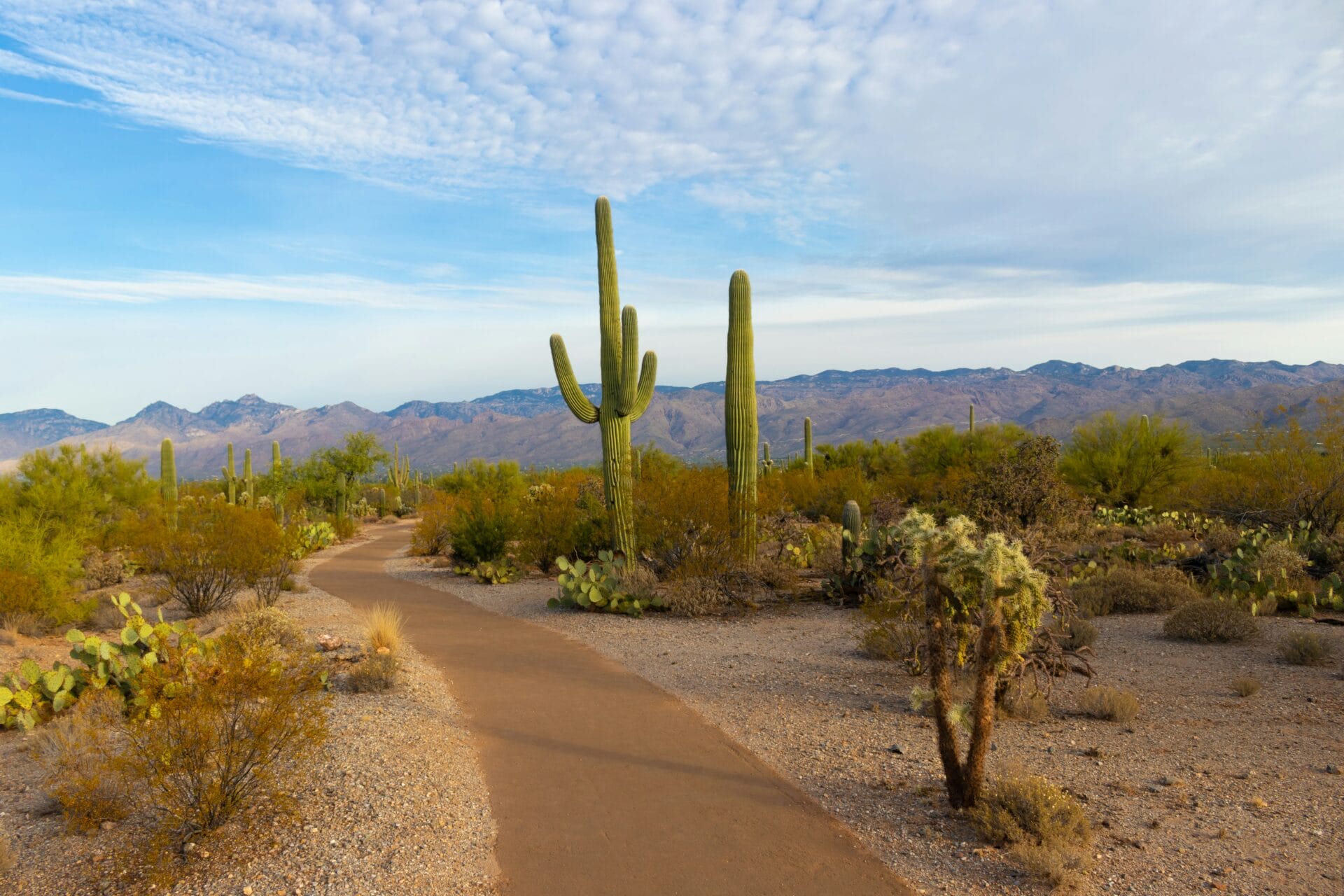
Environmental Communication and Leadership
Scientists must go beyond publishing in journals if they want their research to be relevant to society. However, academic training rarely covers how to communicate with the press, the public, policymakers and other relevant stakeholders. This certificate program gives graduate students in environmental disciplines the important leadership and communication skills needed to increase their influence and reach above and beyond academia.
Diversity and inclusion
Understanding the role nature plays in sustaining life is critical to the survival of the planet, but that information is less accessible to younger generations, especially underrepresented youth.
A key challenge in 21st-century conservation science is a growing social divide in how society perceives and values nature. We are committed to closing the gap in social inequality in the way we interact with the natural world by providing an inclusive culture in teaching, mentoring, and innovation. This includes a mutual desire to find pathways that equalize access to nature by underrepresented groups in science. Without these pathways, innovation in our field will be stifled. By engaging diverse communities in biodiversity and sustainability education, we are poised to achieve societal outcomes that reflect not only provide important foundational knowledge but also enable students to become agents of change.
Read: Without inclusion, diversity initiatives may not be enough